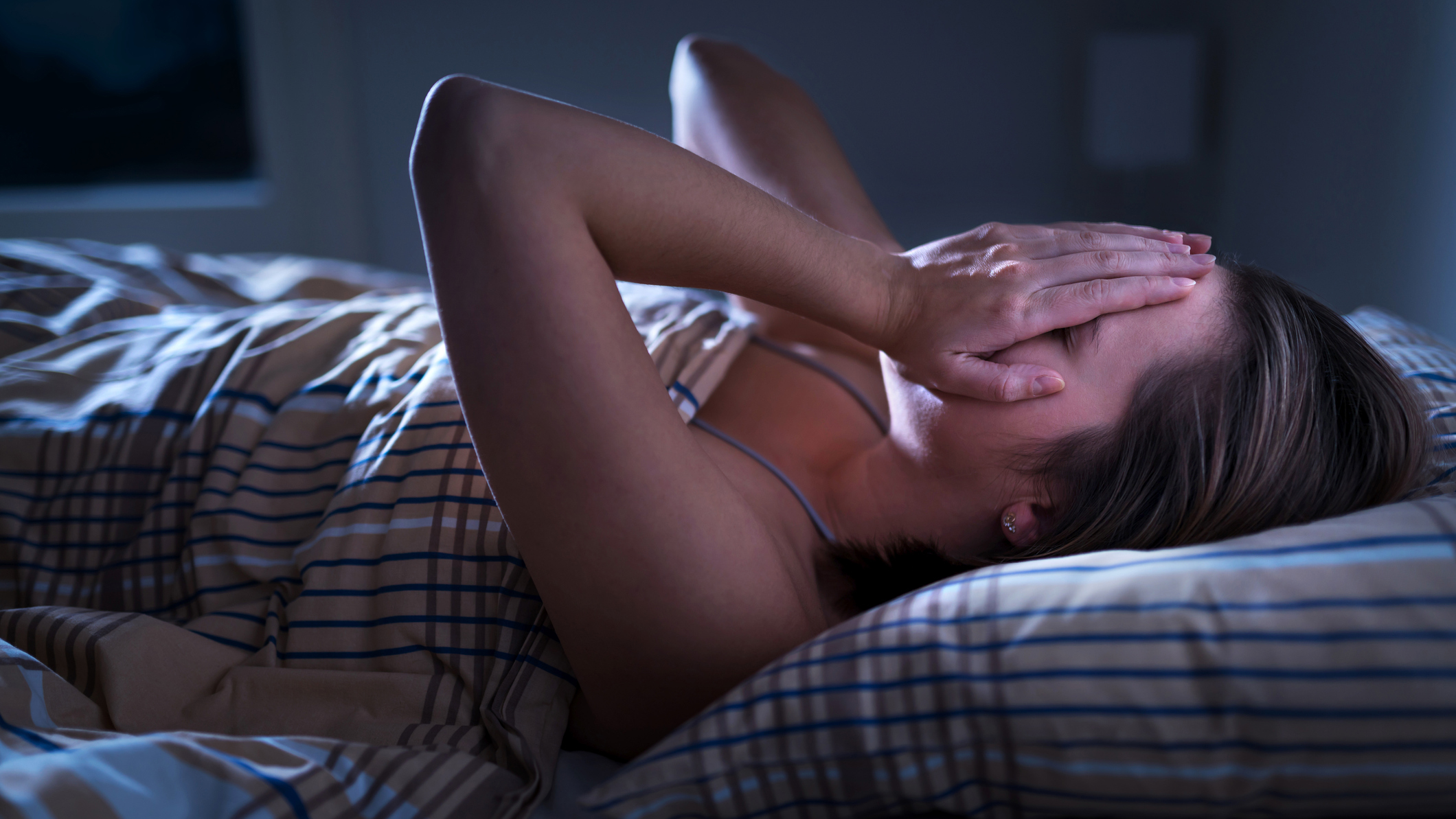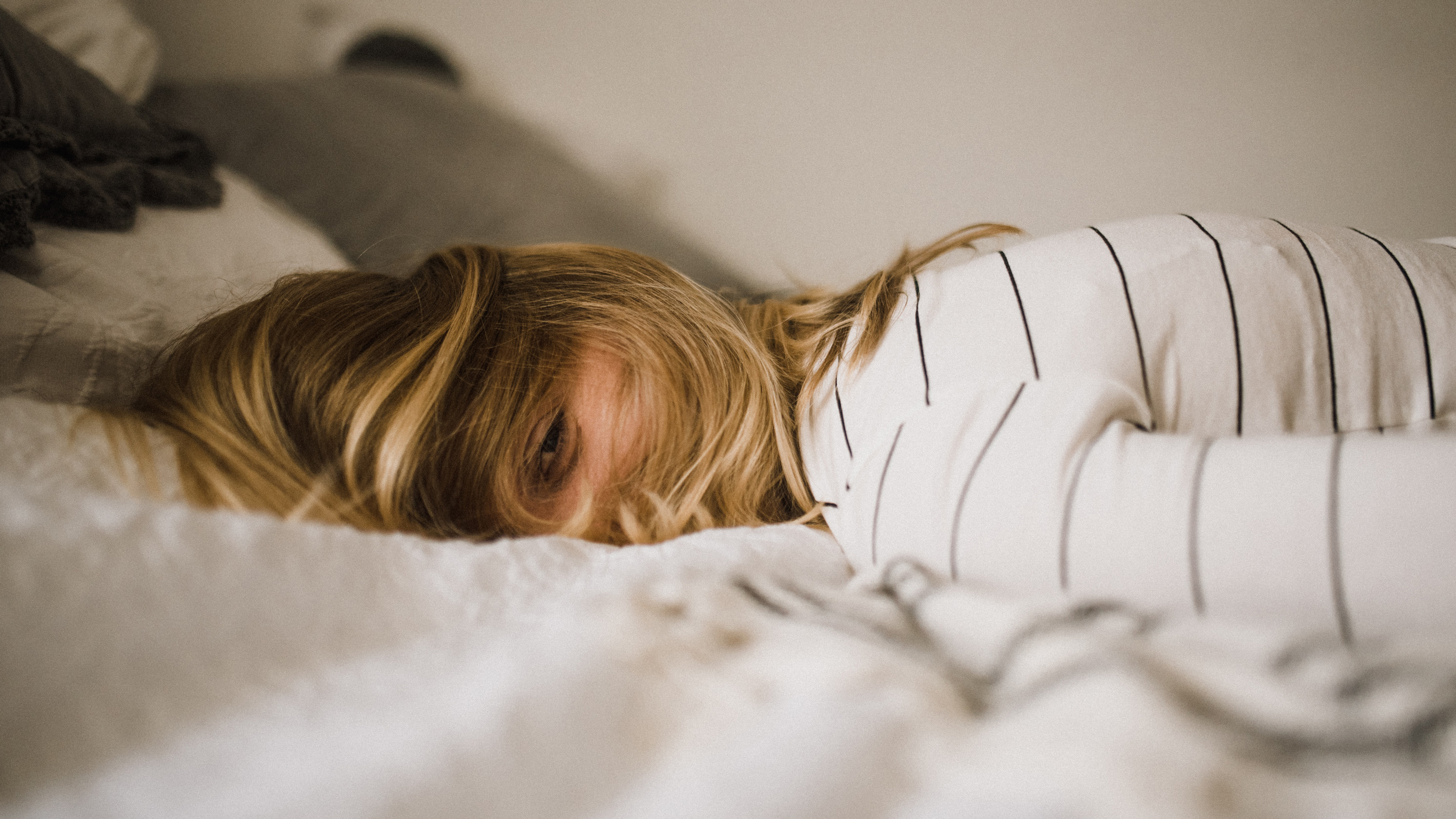Here's why getting a good night's sleep is so important
Getting a good night's sleep is vital for your brain health, especially as an older adult


Start your week with achievable workout ideas, health tips and wellbeing advice in your inbox.
You are now subscribed
Your newsletter sign-up was successful
How much do you sleep at night? This might seem like a fairly innocuous question, but our sleep, or lack of it, has a huge impact on our health. Sleep quality is associated with better performance at work and school according to studies, as well as better muscle recovery and mental health. A good night's sleep keeps you sharp, healthy and happy.
Unfortunately, repeatedly poor sleep does the exact opposite. Lack of sleep can harm our muscle's recovery if we've been exercising, make our skin look bad ("crow's feet" or dark eyes have long been known to be a sign of poor sleep) and make us less effective at day-to-day tasks. But consistently bad sleep has been found to damage our brain even further, making us more susceptible to anxiety and depression, and even degenerative brain diseases such as dementia.

One study, published by researchers from Brigham and Women's Hospital, examined older patients who got less than five hours of sleep and compared them to those who got between seven and eight. The research found those who got five hours or less had double the risk of dementia than their healthy-sleeping counterparts, and a greater risk of an early death.
Rebecca Robbins, PhD and lead author of the study, said: "Our findings illuminate a connection between sleep deficiency and risk of dementia and confirm the importance of efforts to help older individuals obtain sufficient sleep each night.
"Sleep deficiency at baseline, when the average age of participants was 76 years old, was associated with double the risk of incident dementia and all-cause mortality".
How to improve your sleep
There are several adjustments you can make to ensure you get better sleep each night. Most of these are common sense, such as staying hydrated throughout the day and getting more exercise. Using more energy during the day helps you get better sleep, according to research.
Other lifestyle factors to look for is diet: eating food with less healthy nutrients can contribute to a lack of sleep, according to the Sleep Foundation. Drinking caffeinated or alcoholic beverages can also interfere with your sleep cycles: both substances act as diuretics, dehydrating you while you sleep and waking you up with a full bladder.
Start your week with achievable workout ideas, health tips and wellbeing advice in your inbox.
Finally, consider your sleeping environment: you might be lying on an uncomfortable mattress, easily remedied with one of the best mattress toppers. Alternatively, you could use the best diffuser for essential oils to emit a calming lavender scent to help you drift off.
Matt Evans is an experienced health and fitness journalist and is currently Fitness and Wellbeing Editor at TechRadar, covering all things exercise and nutrition on Fit&Well's tech-focused sister site. Matt originally discovered exercise through martial arts: he holds a black belt in Karate and remains a keen runner, gym-goer, and infrequent yogi. His top fitness tip? Stretch.
